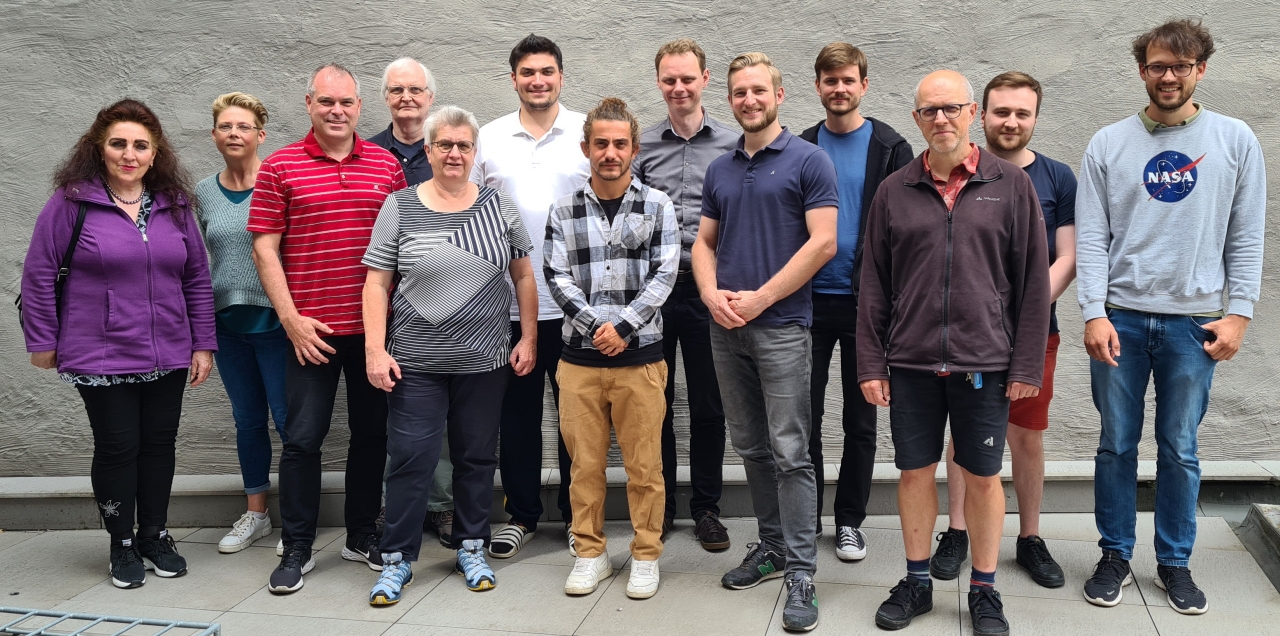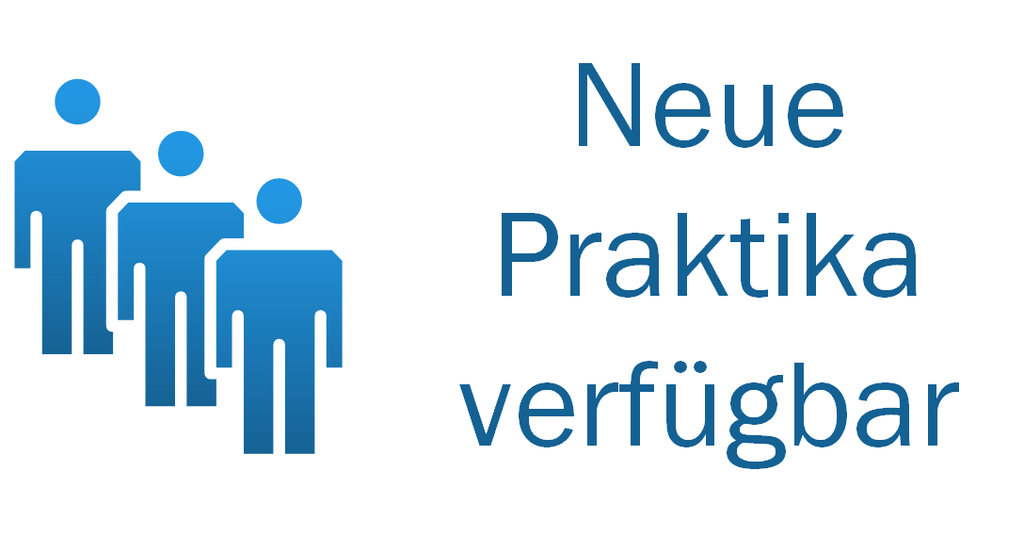
In the winter term 2025/2026 we will offer the following practical courses:
- Practical Course on Telematics (Praxis der Telematik) (3 ECTS)
- Protocol Engineering (4 ECTS)
- Basispraktikum Protocol Engineering (4 ECTS)
Details on the registration deadline and participation, as well as the option to register, can be found on the websites of the labs.
The introductory meetings take place in the first week of lectures.
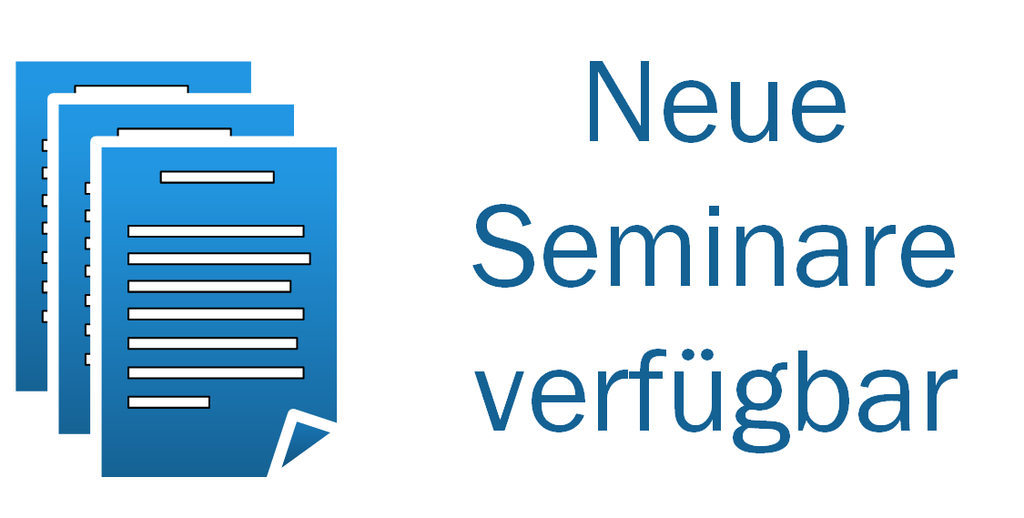
The seminar discusses recent research progress in networking across different topics and is fully held in English (written and slides presentation). The seminar will be held in-person (physical presence). More...
Registration for the seminar is open until October 20th, 13.59h
Link to sign up: https://plus.campus.kit.edu/signmeup/procedures/5037
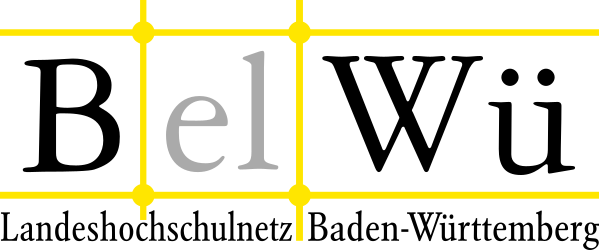
Mr. Sebastian Neuner from BelWü comes to the KIT and gives a visiting lecture in the context of the course "Introduction to Networking". The BelWü runs the network for universities and schools in Baden-Würtemberg. Mr. Neuner will present insights into the tasks and challenges of BelWü. The Institute of Telematics studies "Self-Driving Networks" together with BelWü in the project bwNet2020+.
Date: Friday, July 4, 2024
Time: 2 pm
Location: Gottlieb Daimler Lecture Hall (10.21)
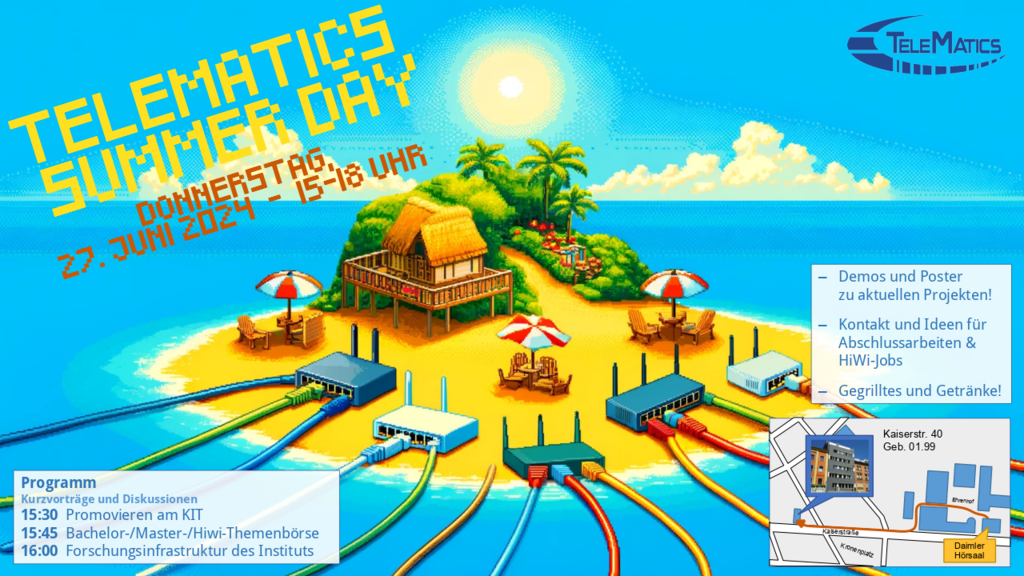
Would you like to get to know the Institute of Telematics better? Are you interested in theses and student jobs and would like to discuss them in a relaxed atmosphere over drinks and a barbecue? Are you wondering how a doctorate at KIT works, or would you like to find out more about current projects and research topics in the field of telematics and computer networks?
Then come to the Telematics Summer Day 2024 on 27.06.2024 from 3-6+ pm at the Institute of Telematics!
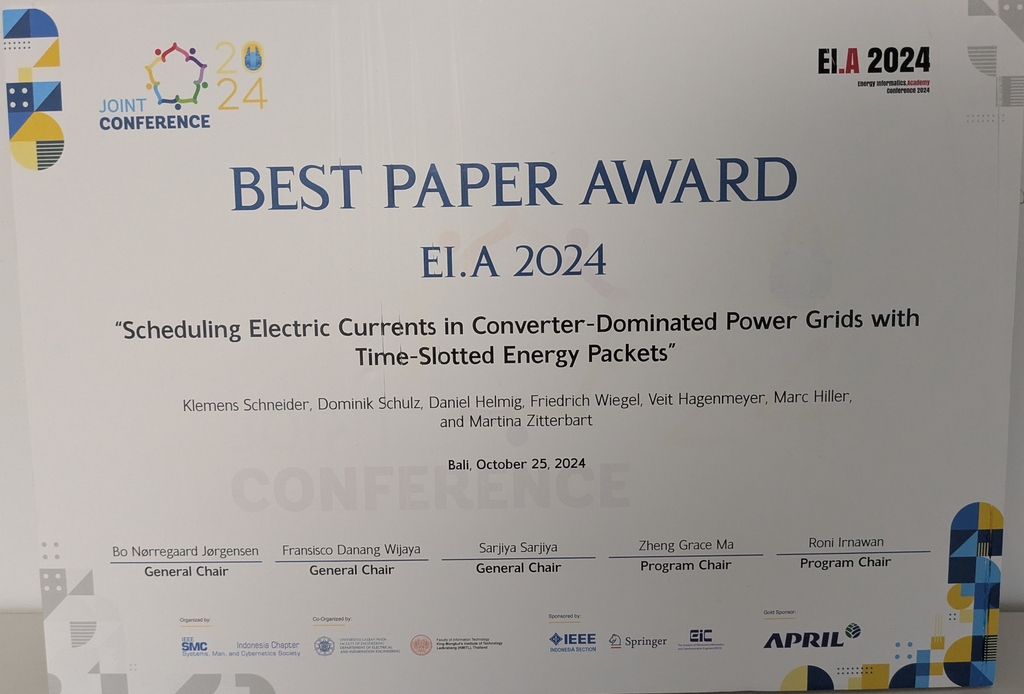
Unser Beitrag "Scheduling Electric Currents in Converter-Dominated Power Grids with Time-Slotted Energy Packets" wurde auf der Konferenz "Energy informatics Academy 2024 (EI.A 2024)" mit einem Best Paper Award ausgezeichnet.
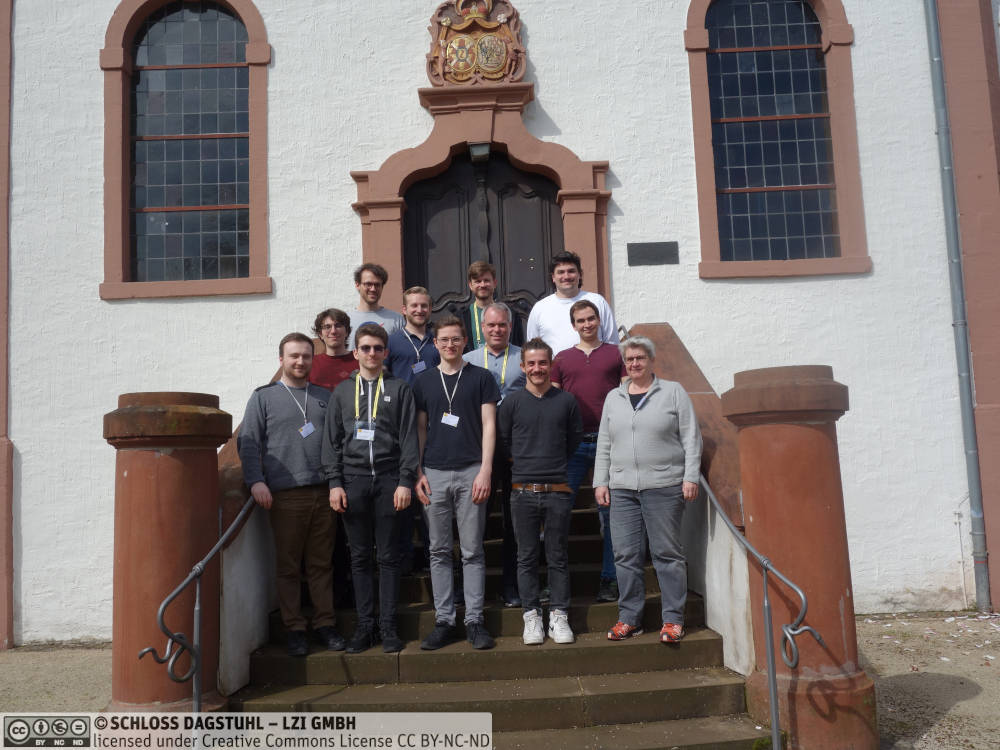
Während unserer diesjährigen Institutsklausurtagung auf Schloss Dagstuhl hatten wir die Möglichkeit, in der Abgeschiedenheit des wissenschaftlichen Leibnitzzentrums ausführlich über unsere Forschung, Projekte und Lehre zu diskutieren. Neben aktueller Forschung in unserem Kernthema Rechnernetze haben wir über die Auswirkungen und das Potenzial von großen maschinellen Sprachmodellen wie ChatGPT auf unser Forschungsgebiet gesprochen. Besonders freut uns die Teilnahme unserer Studierenden, die sich engagiert an den Diskussionen beteiligten und wertvolle Perspektiven einbrachten.
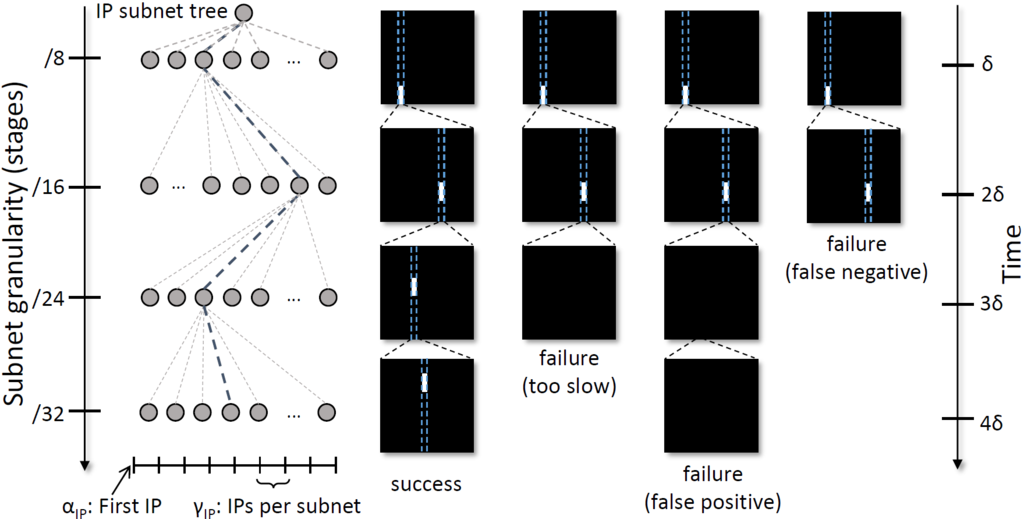
Wir werden im Mai auf der ersten International Conference on Machine Learning for Communication and Networking (IEEE ICMLCN) unseren neuen Demonstrator präsentieren. Dieser realisiert die Identifikation der Ziel-IP-Adresse eines volumetrischen DDoS Angriffs in stark aggregiertem Verkehr.
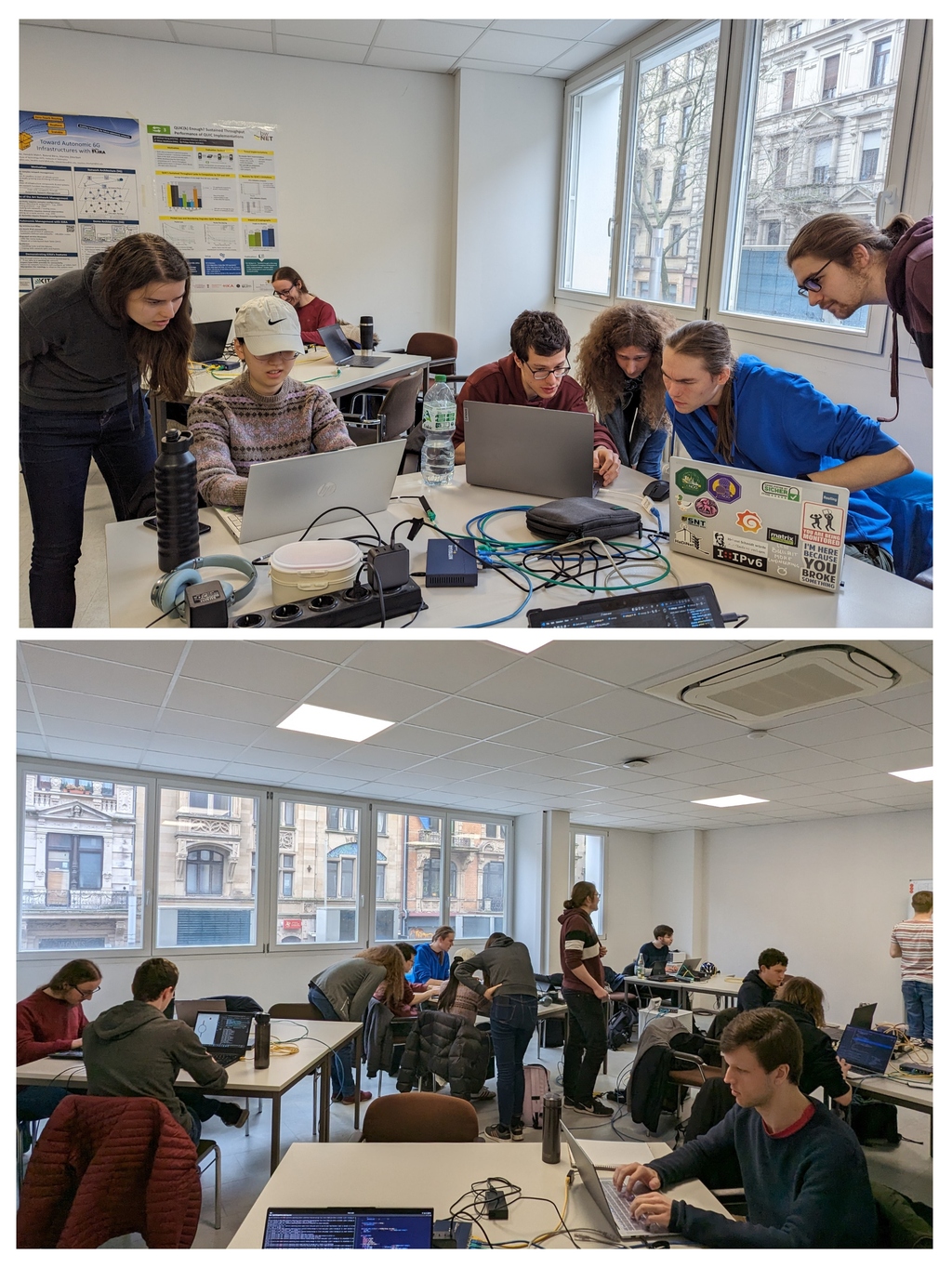
On February 14, 2024, we welcomed 16 students to the final event of Protocol Engineering, which is traditionally offered together with the telematics lecture. This year, the participants specified, implemented and tested a modernized version of the game Pachisi ("Mensch ärgere Dich nicht") during the lecture. In total, five different server and client implementations (developed in different programming languages: from Python to C# to Rust) were successfully brought together!
For all those who were unable to take part this year due to lack of space: The internship will of course be offered again next winter semester! If you are still looking for an internship for the coming summer semester: There are still places available in the "Software-based networks" practical course (further information can be found here).
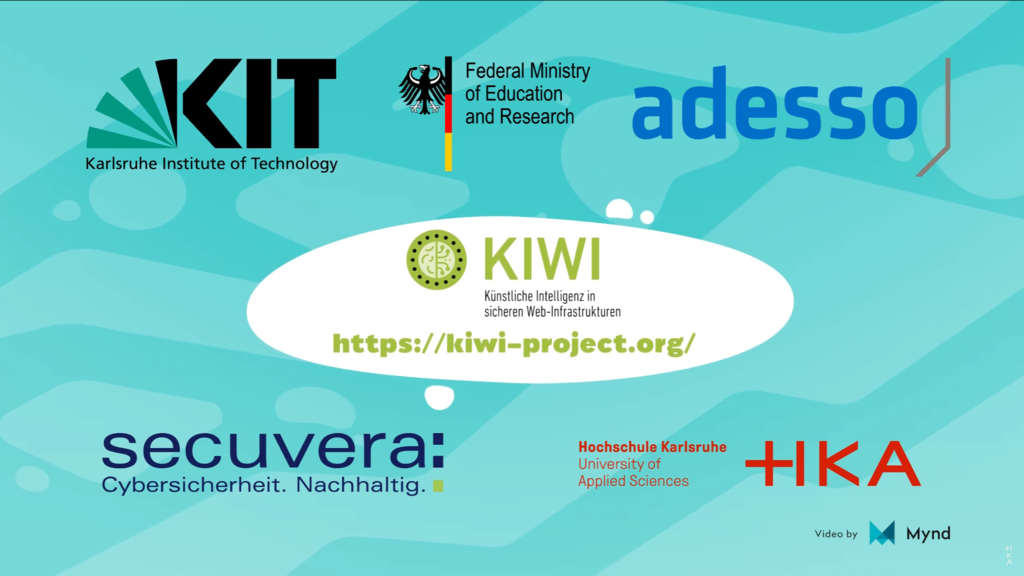
Zum Abschluss des KIWI Projekts ist ein Projektfilm entstanden,
der einzelne Use Cases genauer beleuchtet. Mehr Informationen
hierzu sind auf der KIWI-Website zu finden.
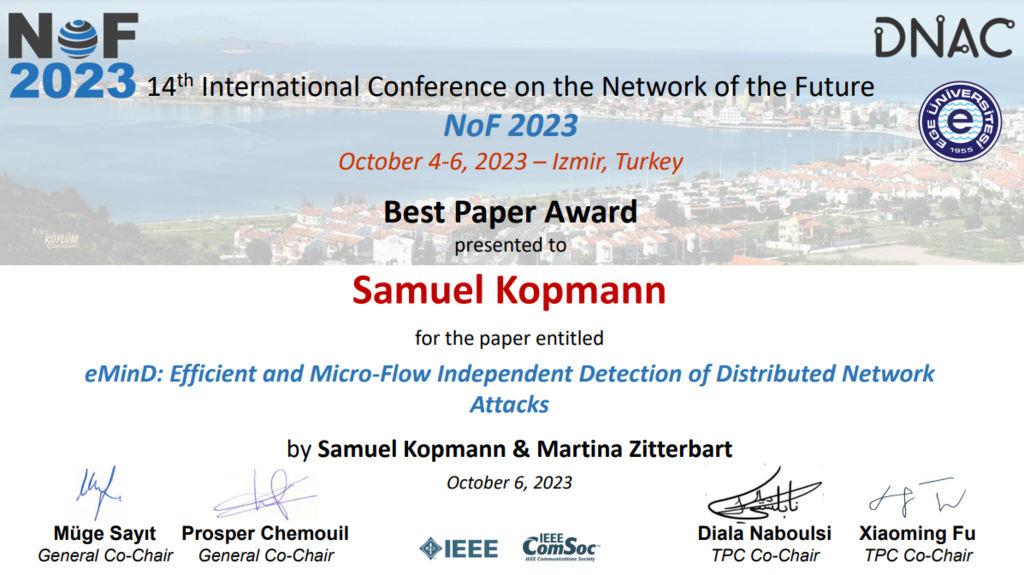
Unser Beitrag "eMinD: Efficient and Micro-Flow Independent Detection of Distributed Network Attacks" wurde mit dem Best Paper Award auf der NoF, 14th International Conference on the Network of the Future, ausgezeichnet.

We are presenting our paper "Scalable and Efficient Link Layer Topology Discovery for Autonomic Networks" at the 19th International Conference on Network and Service Management (CNSM) in Niagara Falls, Canada in early November.
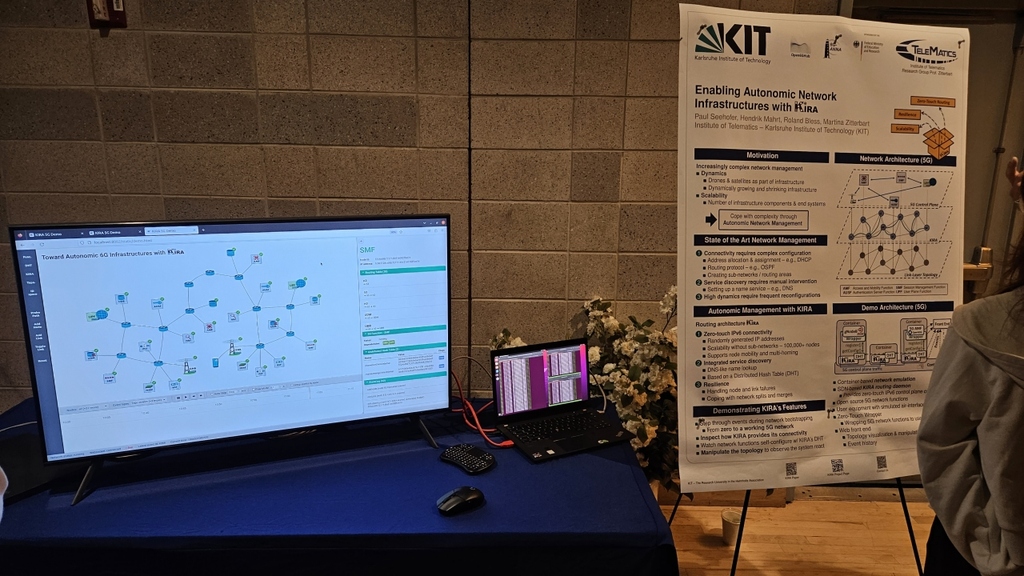
At the ACM SIGCOMM 2023 conference, that took place this year in New York City from September 10th–14th, Paul Seehofer, Hendrik Mahrt, and Roland Bless presented a demonstrator titled "Enabling Autonomic Network Infrastructures with KIRA."

Wir stellen im Oktober unseren Beitrag "QUIC(k) Enough in the Long Run? Sustained Throughput Performance of QUIC Implementations" auf der IEEE 48th Conference on Local Computer Networks (LCN) in Daytona Beach (USA) vor.
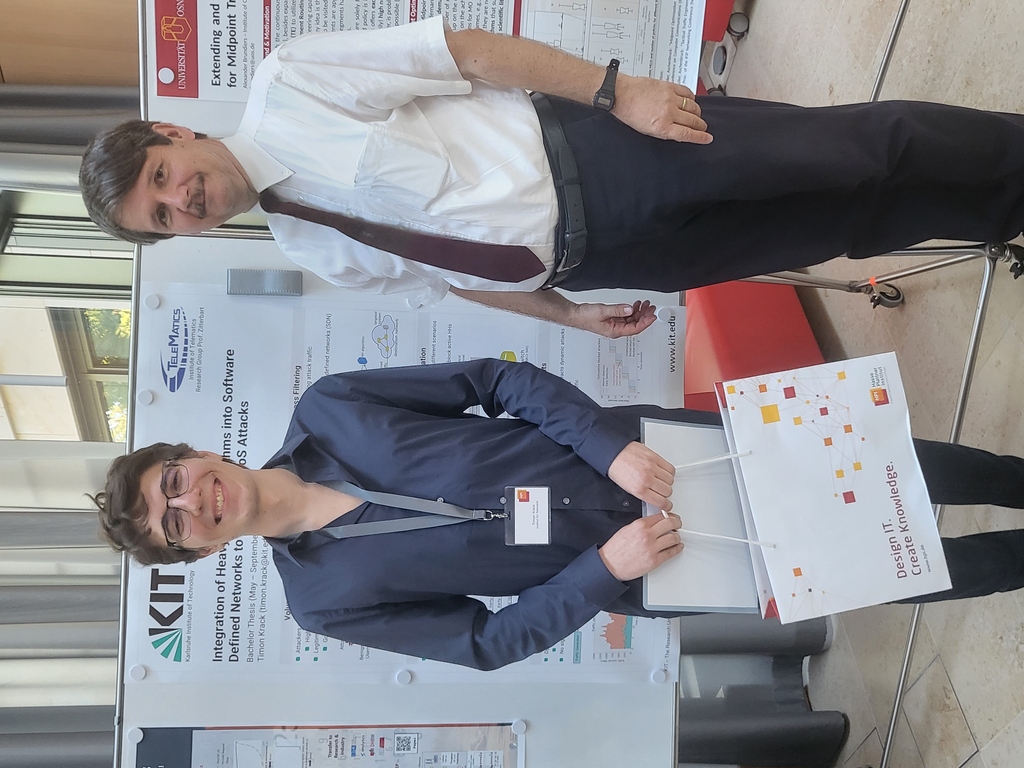
Im Rahmen der International Conference on Networked Systems 2023 wurde
Timon Krack der KuVS Award für die beste Bachelorarbeit im Jahr 2022 verliehen,
die den Titel "Integration of Heavy Hitter Algorithms into Software Defined Networks
to Mitigate DDoS Attacks" trägt.

Am 04. September haben wir zwei Beiträge beim 2nd Workshop on Machine Learning & Netwoking (MaLeNe) vorgestellt zu den Themen "Reducing Memory Footprints in Purity Estimations of Volumetric DDoS Traffic Aggregates" und "Impact of Adaptive Packet Sampling on ML-based DDoS Detection".
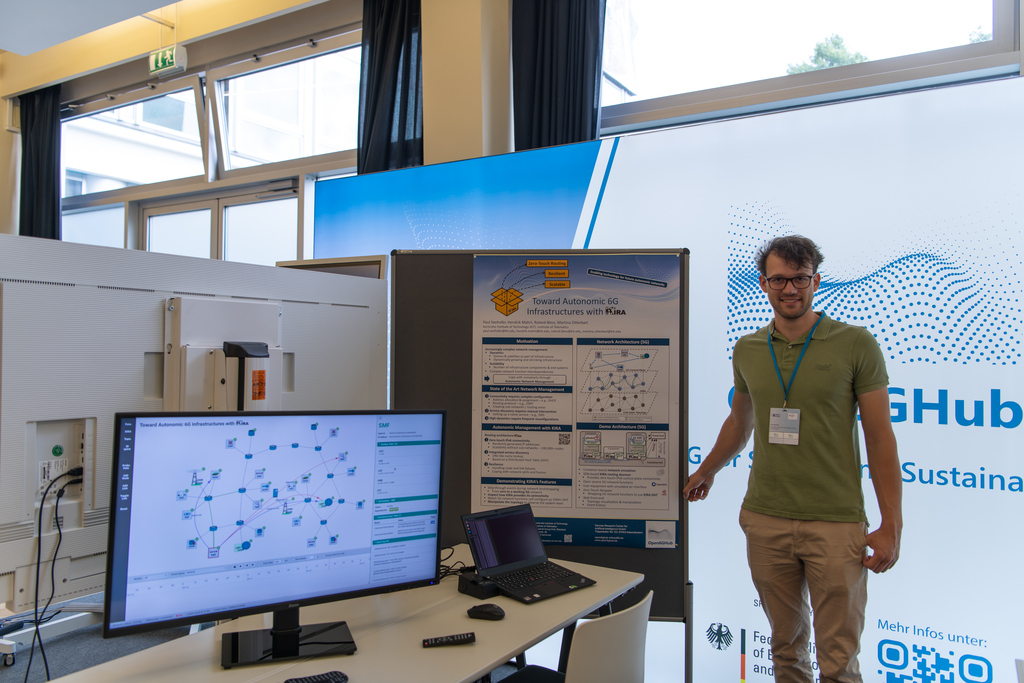
Our group demonstrated how current 5G core software can run in a more automated way at the 6G Conference in Berlin. The proof-of-concept demonstrator titled "Toward Autonomic 6G Infrastructures with KIRA" showed Open5GS core software running on top of KIRA that provides autonomic IPv6 connectivity between all core nodes. The 5G functions register themselves and can be found by other functions so that no manual configuration is required and the system can automatically adapt to dynamic changes. The future 6G core should offer better support than current 5G core.
Wir stellen drei Beiträge auf der 14th International Conference on Network of the Future zu
den Themen "Effiziente Detektion verteilter Netzangriffe" vor.

Wie haben einen Beitrag zum Thema "Toward Joining DDoS Mitigation and Image Segmentation" auf dem Workshop "Sicherheit trotz KI" vorgestellt, der in der Springer Zeitschrift "Datenschutz und Datensicherheit" veröffentlicht wurde.
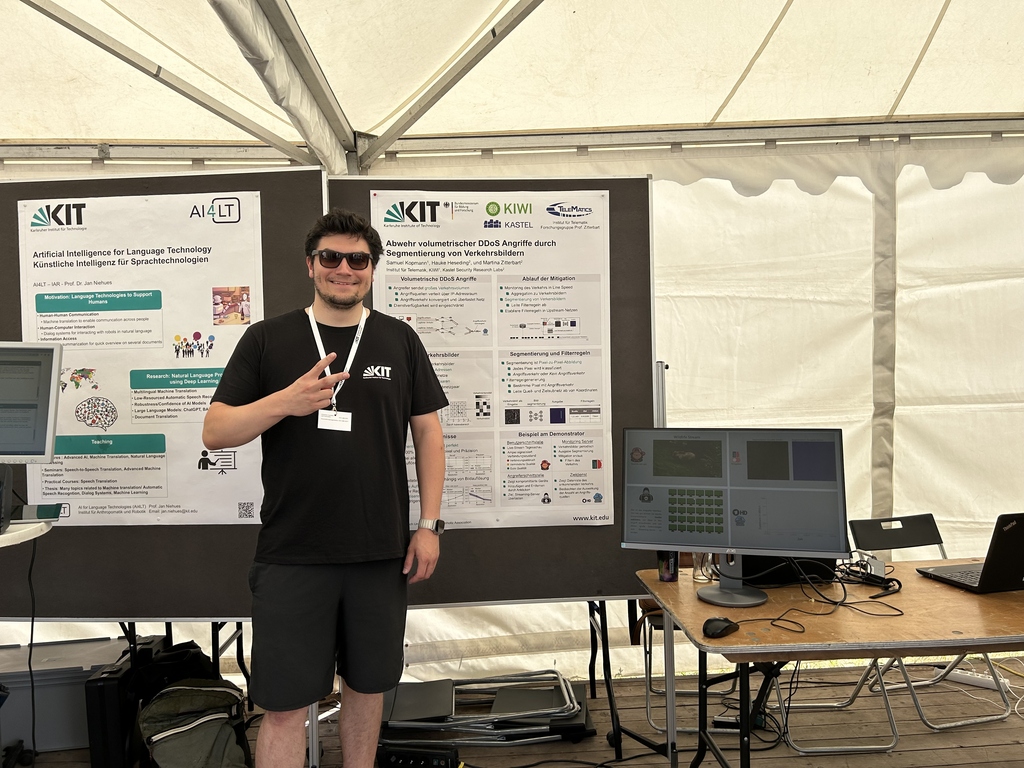
Unsere Gruppe demonstrierte am Tag der offenen Tür des KIT 2023 einen bildbasierten
Mitigationsmechanismus gegen volumetrische Distributed Denial of Service (DDoS) Angriffe.
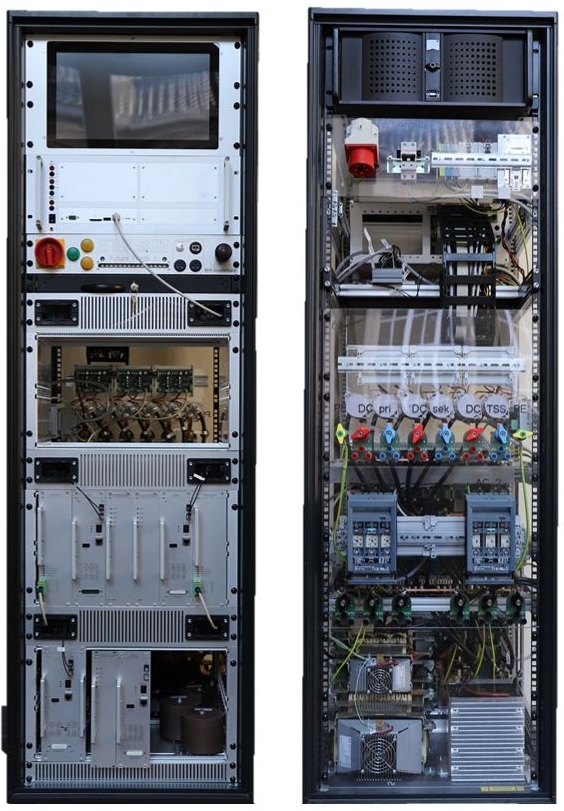
The Institute of Electrical Engineering (ETI), the Institute for Automation and Applied Informatics (IAI) and the Institute of Telematics could demonstrate first hardware experiments for the vision of a novel packet-based power grid. The development of new hardware and software enabled the first transfer of energy packets in a prototypical lab setting. At the conference Electronics for Distributed Generation Systems (PEDG) in 2022, the group was granted a best paper award for the corresponding publication.
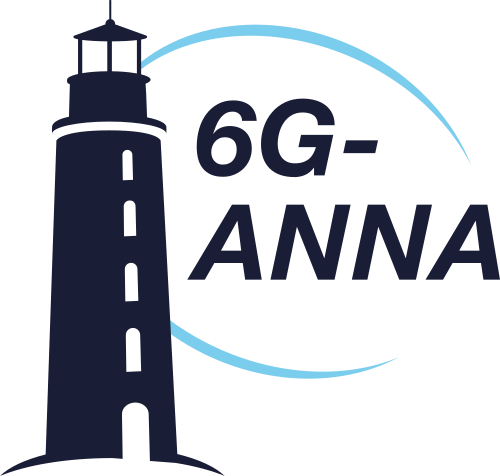
The Institute of Telematics is involved in the flagship project 6G-ANNA (6G-Access, Network of Networks, Automation & Simplification), which is funded by the BMBF and is intended to contribute to research into holistic systems and technologies for 6th generation mobile communications as part of the 6G industry projects. A total of 30 partners from industry and research are involved in the project. The project will run from July 2022 to June 2025. In the area of Automation & Simplification, our research group is investigating mechanisms for discovering and integrating network, cloud, and computing resources in the context of autonomous network management and control.

Together with other KIT institutes, the Institute of Telematics is part of the Open6GHub project, which is funded by the BMBF with 66.8 million Euros over four years. The project focuses on application areas with very high demands on the quality and security of communication technology, including highly networked production, future mobility scenarios, new learning worlds, personalized medicine, and, above all, human interaction with a large number of autonomous vehicles and devices. The focus is on the use of artificial intelligence (AI) to increase the efficiency of communication networks and the support of mobile AI-based services. Further aspects are the resilience of communication networks against internal and external disturbances (network resilience), the protection of private data as well as the automated support of changing network topologies. In the context of programmable network infrastructures, the Institute for Telematics contributes to scalable, adaptive, and highly dynamic connectivity of the 6G core network.
Further information: Press release BMBF on 6G research hubs
On July 5, 2023, the Telematics Summerday took place, to which students were cordially invited. They were able to get tips on exam preparation in short lectures, gain insights into the standardization of the Internet, find out about PhD opportunities at KIT, and also give feedback on courses at the institute in a feedback round. In addition, there were posters and demonstrators presenting the current research work of the institute. Besides exciting discussions and interested questions, the physical well-being was also catered for with drinks and grilled snacks. Students gave quite positive feedback on the TM Summerday.
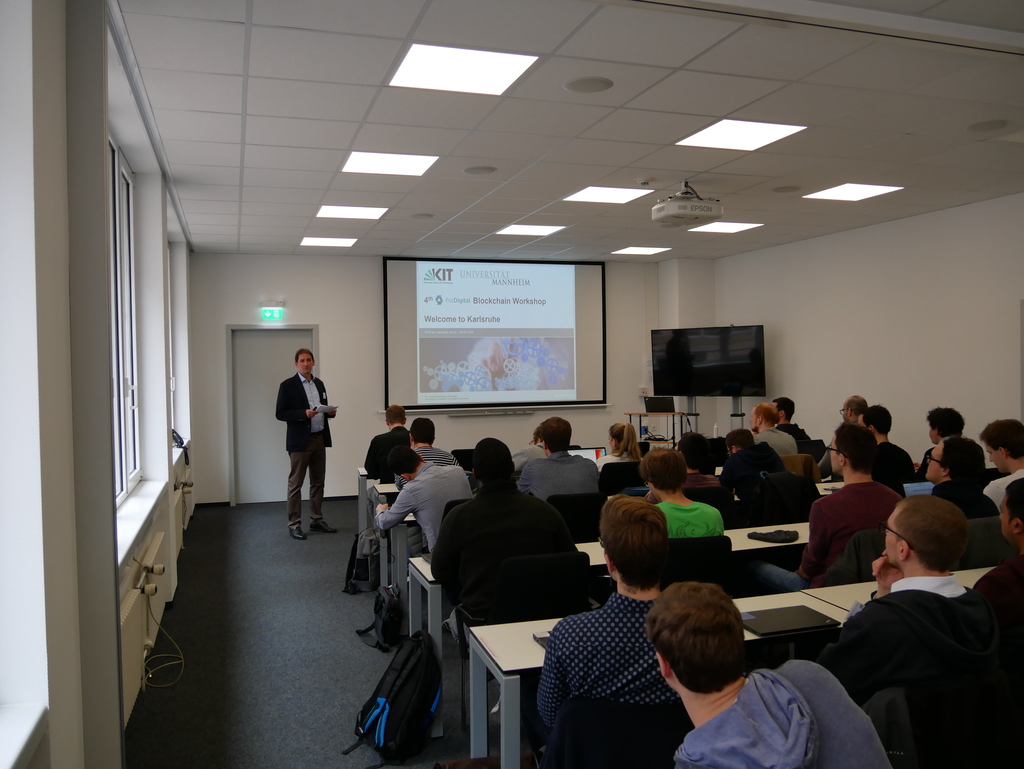
Mit einem Programm ähnlich zu den vorherigen drei Workshops fand am 02.
und 03.03.2020 der 4th ForDigital Blockchain Workshop am KIT in
Karlsruhe statt. Ein Schwerpunkt des Workshops lag auf Anwendungsfällen
von Blockchain-Technologie in lokalen Energiemärkten, was den Austausch
zwischen verschiedenen Wissenschaftsdisziplinen förderte.
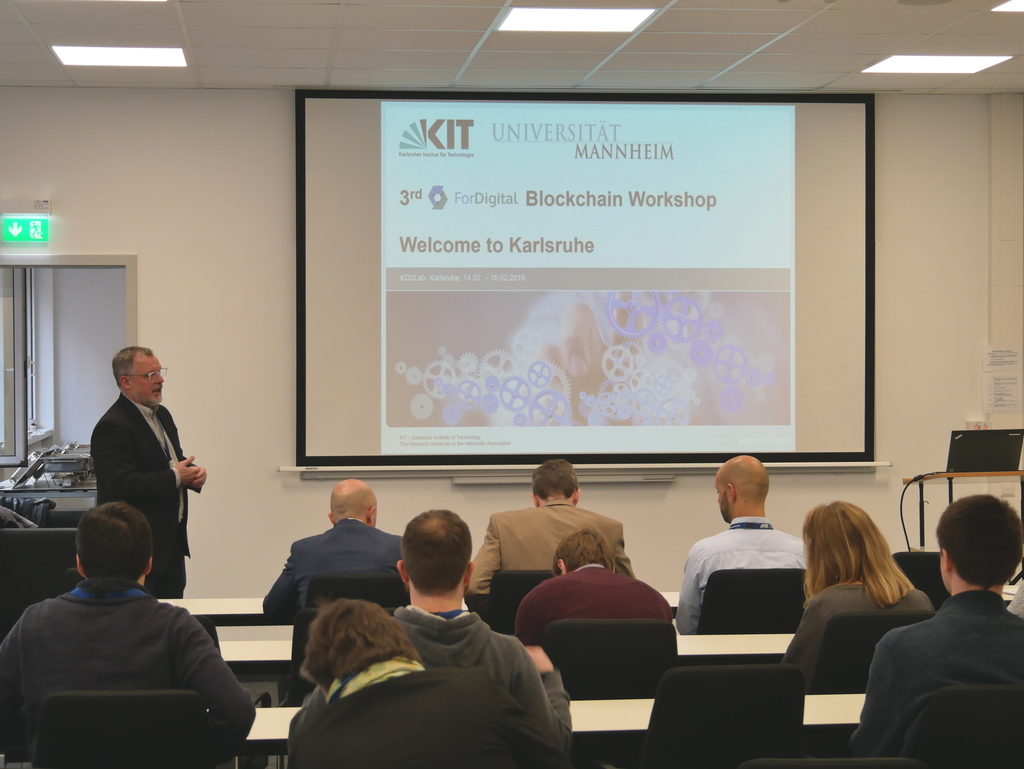
Anknüpfend an den Erfolg der Vorjahre, fand der 3rd ForDigital Blockchain Workshop am 14. und 15.02.2019 am KIT statt. Mit erneut über 30 aktiven Blockchain-Forschern und -Praktikern aus Deutschland und Europa bot der Workshop eine Plattform für tiefgehende Diskussionen und Vernetzung. Das Team von Prof. Zitterbart war maßgeblich an der Organisation und Durchführung beteiligt.
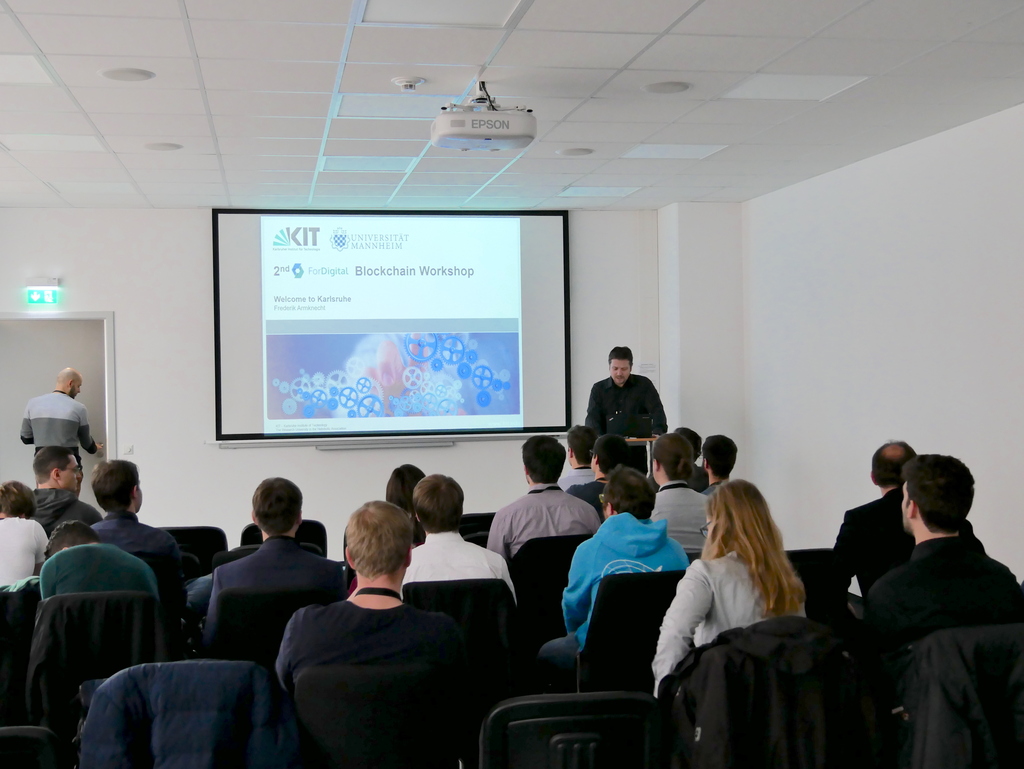
Am 1. und 2.02.2018 fand in Karlsruhe der 2nd ForDigital Blockchain Workshop statt. Das Team von Prof. Zitterbart war maßgeblich an der Organisation und Durchführung beteiligt. Mit über 30 aktiven Blockchain-Forschern und -Praktikern aus Deutschland und Europa bot der Workshop eine Plattform für tiefgehende Diskussionen und Vernetzung.
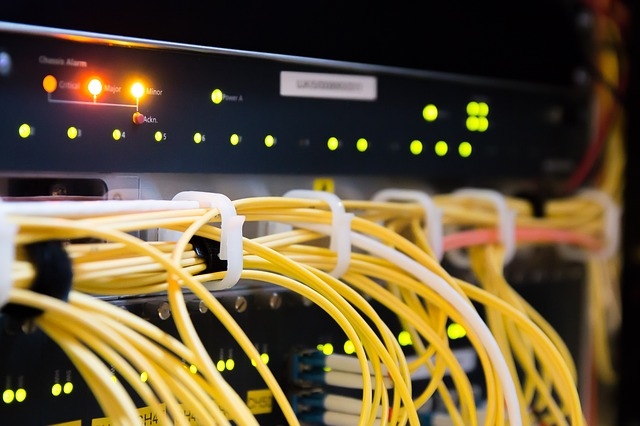
From October 12 to 13, 2017, the first KuVS discussion "Network Softwareization" took place at the Eberhard Karls University in Tübingen, which was organized by Michael Menth (Eberhard Karls University Tübingen) and Martina Zitterbart (KIT).

